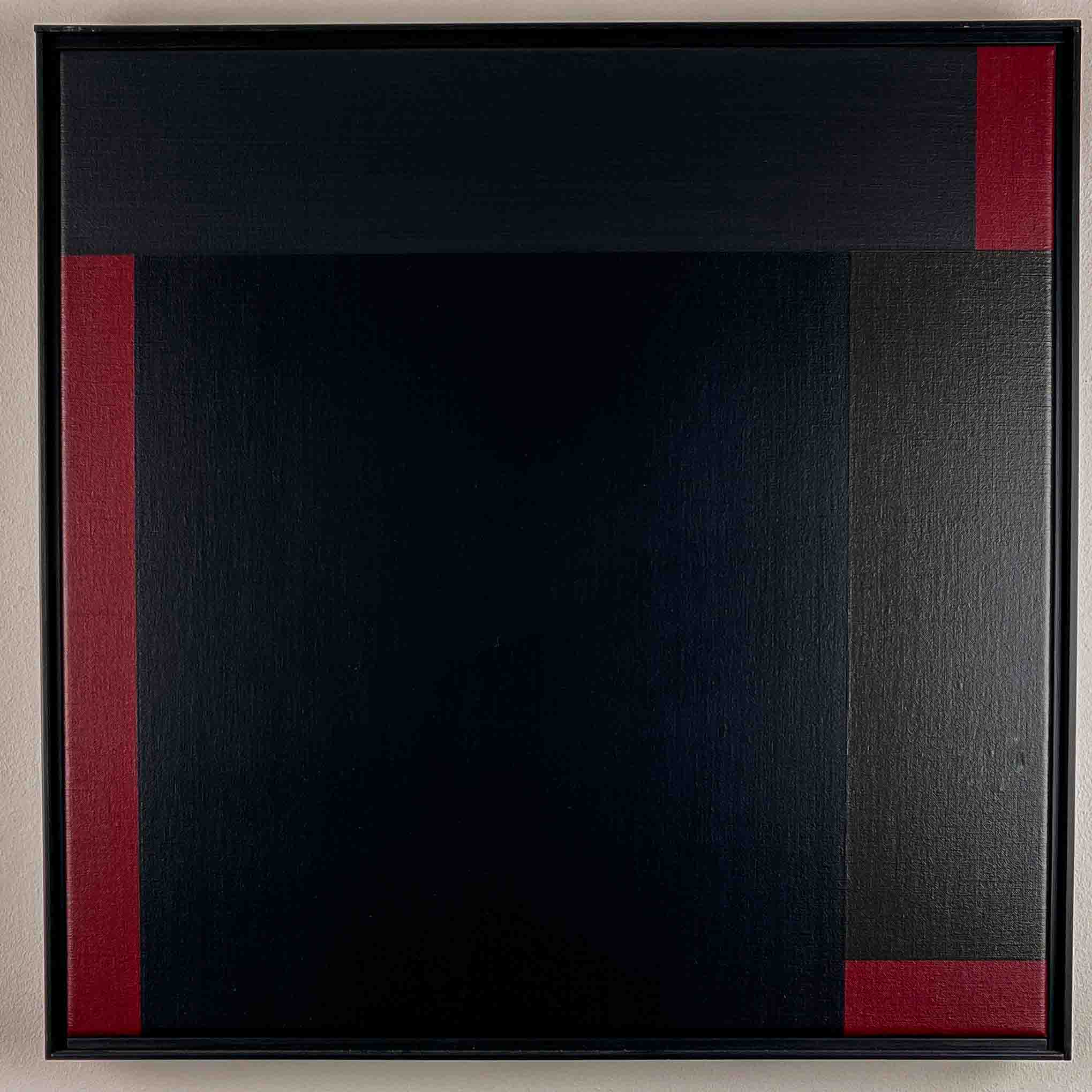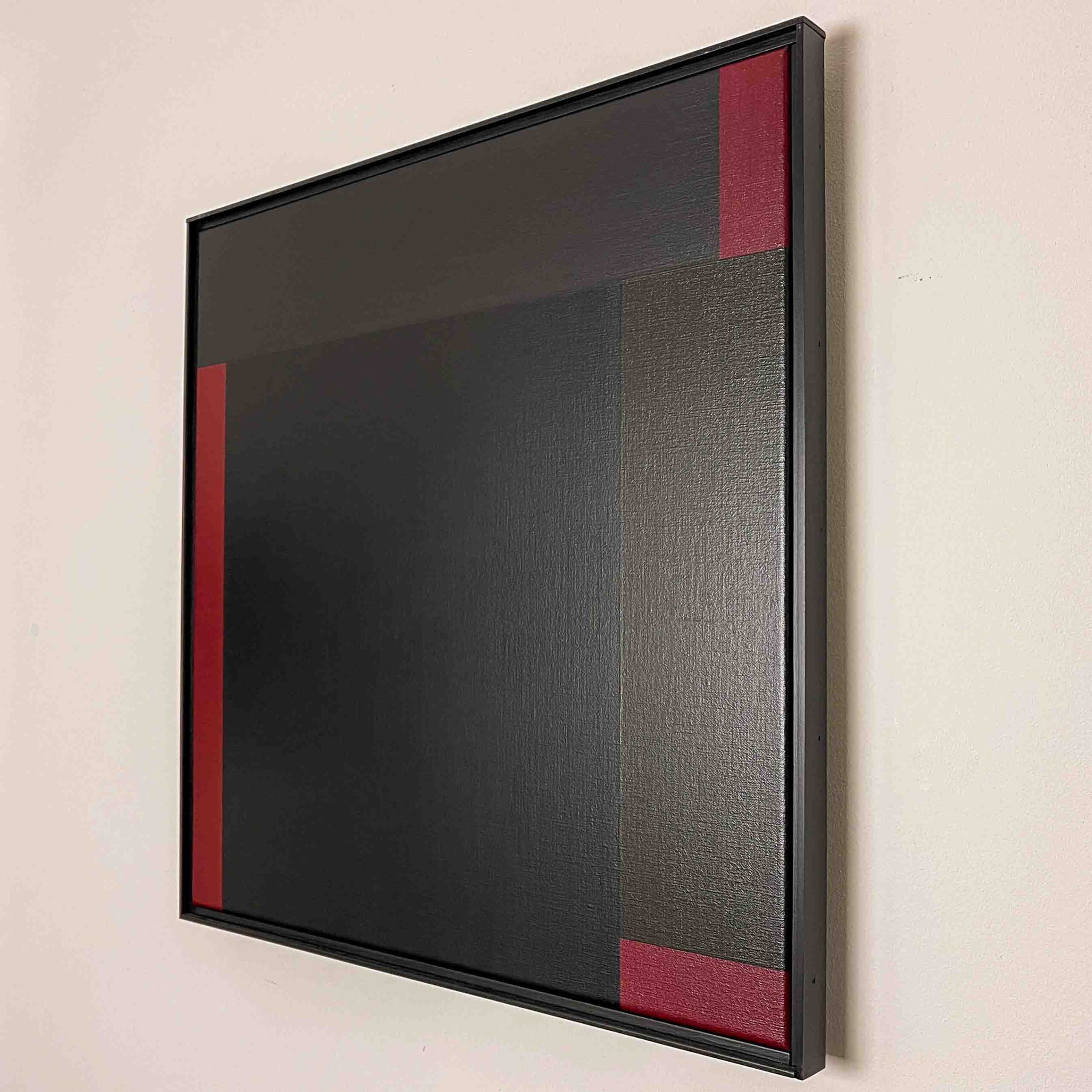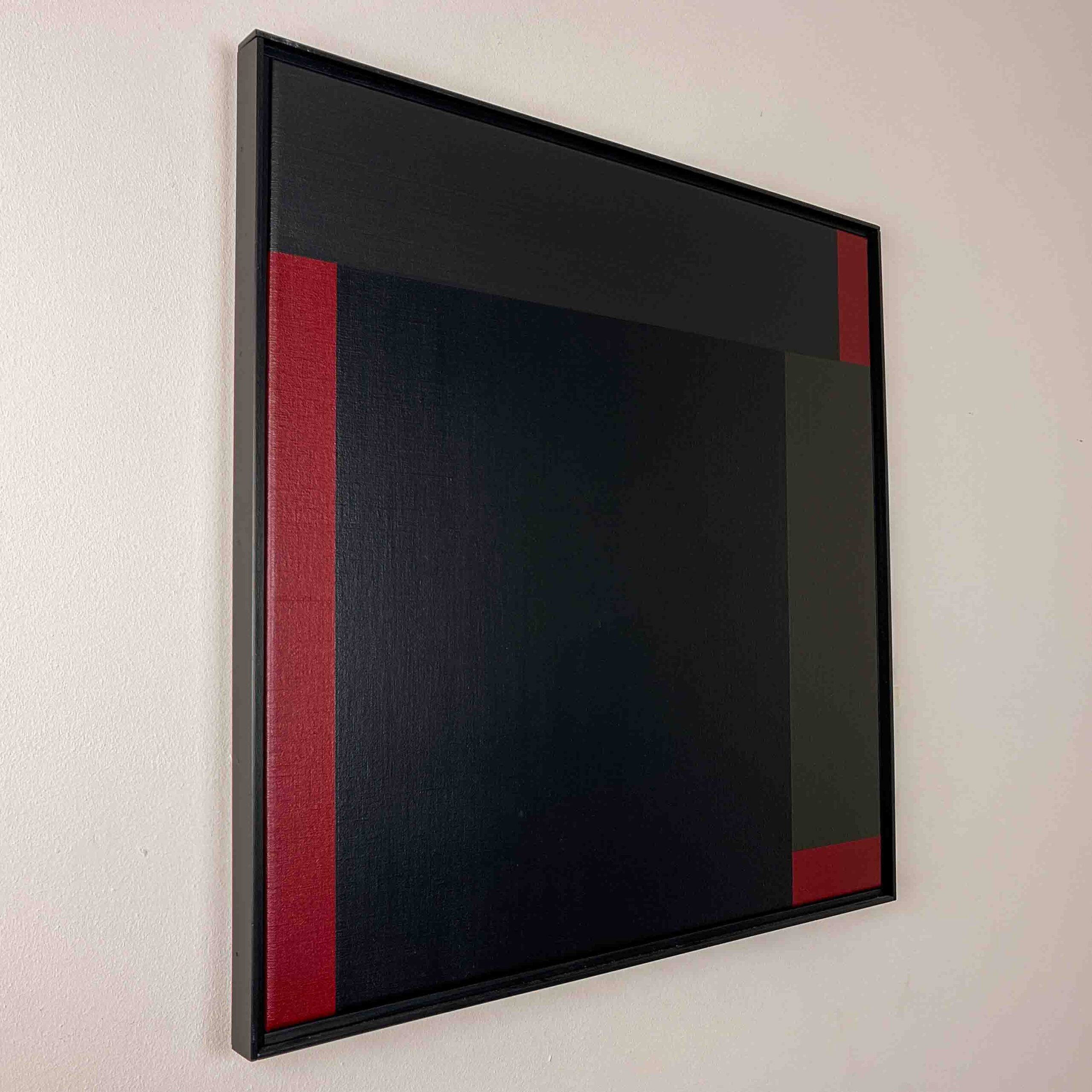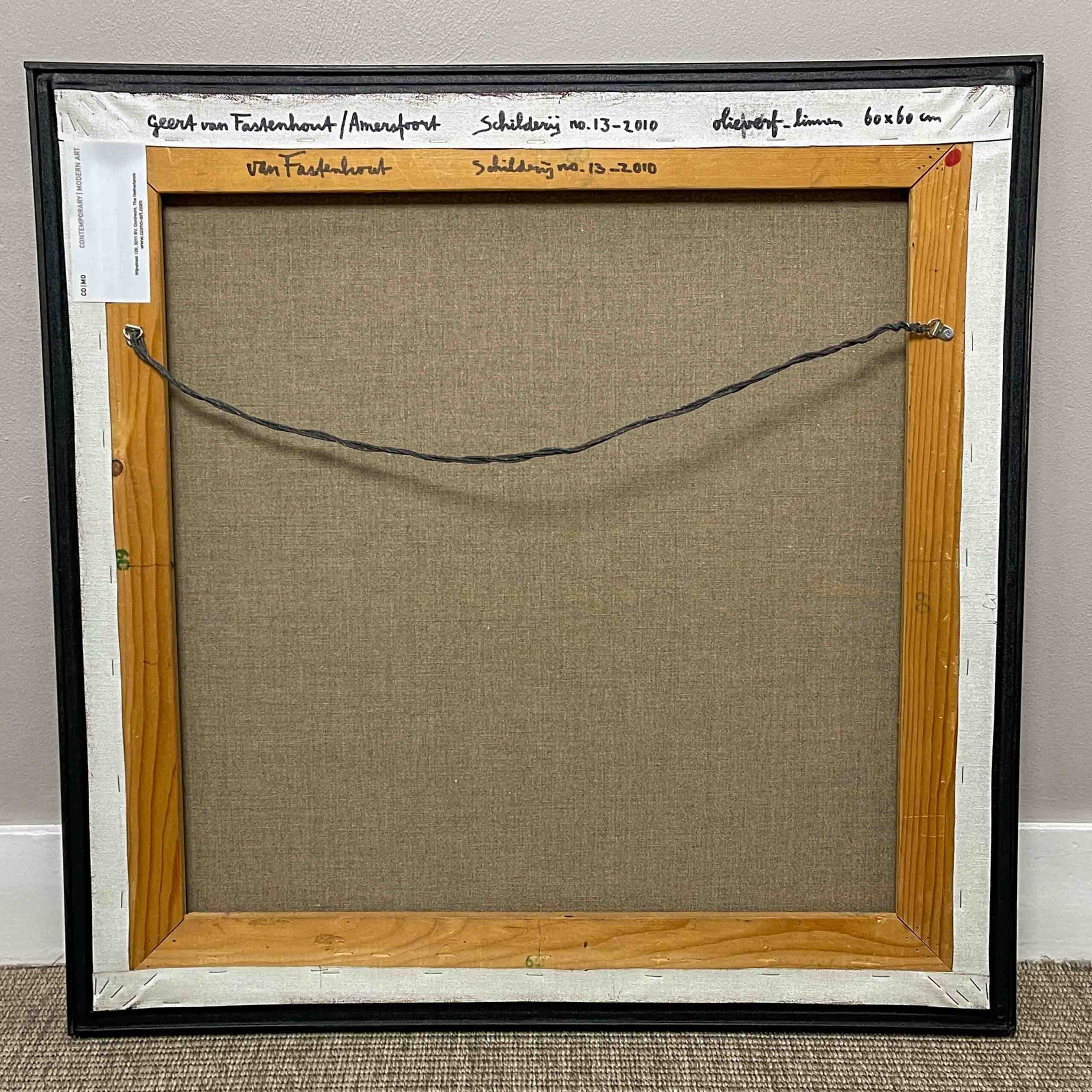Geert van Fastenhout – “Painting no. 13”, 2010 – oil on linnen, framed




Geert van Fastenhout – “Painting no. 13”, 2010 – oil on linnen, framed
An original oilpainting on canvas “Pinting no. 13”. Painted by the Dutch artist Geert van Fastenhout in 2010. Signed, titled and dated by the artist (verso).
Price including VAT
Price upon RequestToevoegen aan winkelwagen
About Geert van Fastenhout
Gérard (Geert) Willem van Fastenhout (Bussum 1935 – Amersfoort 2016) was a renowned Dutch painter with a unique artistic approach. His life path began in Bussum, where he stayed almost continuously until 1957. Inspired by his interest in art and encouraged by his parents, Van Fastenhout began his formal art education at the Montessori school as a kindergartner, followed by primary education at the Engschool and the Prinses Irene mulo.
World War II brought challenges for Van Fastenhout, including the hiding of two Jewish families in his home and his own evacuation to Zweeloo, Drenthe, in 1944. After the war, at the age of 12, he faced the loss of his mother. His artistic journey officially began in 1953 when he was admitted to the Kunstnijverheidsschool Amsterdam, the forerunner of the Rietveld Academy. However, tuberculosis forced him to undergo two years of treatment at the Student Sanatorium Laren.
After his sanatorium period, Van Fastenhout moved to Paris, where he initially painted in a figurative style. His experiences ranged from picking grapes in southern France to work in Sweden and on a fishing boat in Iceland, where the rough sailing in the icy cold left an indelible impression. In 1960, he settled in Philippine, Zeeland Flanders, where his artistic journey officially began with his first exhibition in Boekhoute, Belgium, opened by Belgian writer and painter Louis Paul Boon.
His marriage to Maaike Verschuren, the birth of their daughter Gerda in Philippine and the move to Oldeberkoop in Friesland marked the 1960s. After moving to Amsterdam, his marriage came to an end. The radical artistic turnaround to abstract geometric art took place in 1973, with Van Fastenhout developing his signature dark style. His dark, somewhat depressive colours, tight on canvas, were not always understood in the Netherlands, but found appreciation in Japan, especially since the late 1980s.
From 1988 to 2011, Van Fastenhout exhibited annually in Japan, mainly in Tokyo, where his work was described with the word ‘Shibui’ – a term that stands for simple, refined beauty and a noble shade. He also built up a respectable collection of Japanese Bizen pottery and was known as an expert in that field.
Gradually, interest in his work grew in the Netherlands, with eight solo exhibitions in the 1970s and 1980s. His book, “Schilderijen,” released in 1996 in Dutch, English and Japanese, shows 21 of his paintings made between 1984 and 1996. In it, he describes his work as an interplay of simple, clear forms and complex, sombre beautiful colours that create sensory confusion.
Van Fastenhout lived the last 15 years of his life in Amersfoort, where he continued to paint passionately until three months before his death in October 2016. His artistic legacy includes not only the spatial mystery of his symmetrical compositions but also the journey of an artist who followed his own unique path, from the Netherlands to Paris, Sweden, Iceland, Philippine, Oldeberkoop, Amsterdam and finally Amersfoort.
Signed, titled and dated by the artist (verso)

